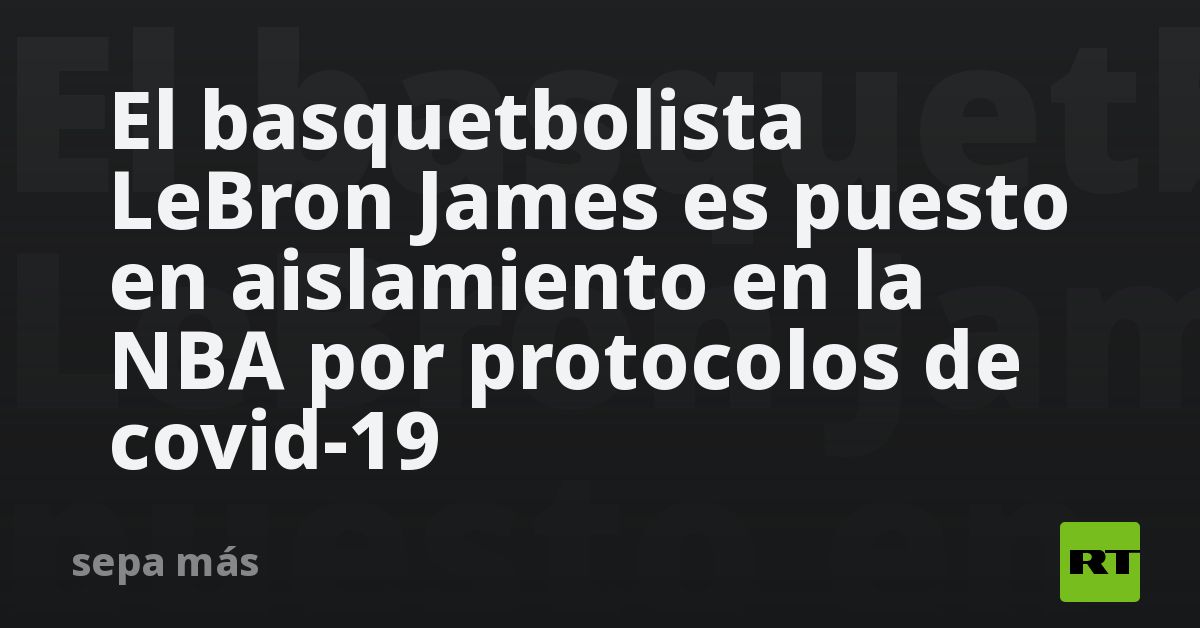The German Constitutional Court on Tuesday issued two judgments related to the health crisis, eagerly awaited by the new majority around Olaf Scholz. The “Sages” of Karlsruhe have validated the night curfew and the closure of schools, introduced provisionally in the spring by Angela Merkel according to a certain threshold of circulation of the coronavirus. The Court emphasized the need to “protect lives” and “preserve the health system” to justify violations of other fundamental rights. Even if the health situation has changed in seven months, these arguments give arguments to the SPD-Greens-Liberals majority, urged to react because of a particularly severe fourth wave across the Rhine.
Since the spring, the vaccination campaign – one of the criteria adopted by Karlsruhe – has taken off. But, with 68.5% of the population immune, it is not enough to stem the epidemic. It makes it possible to support incidence rates above the thresholds set in the spring to trigger “the federal emergency brake”: 100 cases per week per 100,000 inhabitants (and 165 for school closings). However, the south-east and east of the country, with incidences of between 618 and 1,268, saw their hospitals congested. The first transfers of patients to less affected regions took place last week. 388 additional deaths were announced Tuesday morning.
However, by lifting the state of health emergency, the new majority has deprived itself of a legal basis to carry out such measures, which are, moreover, quite controversial. The effectiveness of the curfew has been questioned. Parents and teachers have warned of the consequences of school closures on children’s health.
Emergency state. In the wake of the judgments, Angela Merkel, her designated successor Olaf Scholz and the Länder spoke by videoconference to analyze the situation. The regions led by the SPD, a small half of the 16 Länder, are ready to crack down, even if it means going back on lifting the state of health emergency. It is a question of social distancing for the entire population, regardless of vaccination status, restaurant closings and generalizing throughout the territory the prohibition of access of non-vaccinated to non-essential shops. The SPD regions also want to involve pharmacists, as in France, in the vaccination campaign.
The bloc of regions led by the Conservatives and the Greens are arguing for reductions in contacts only for the unvaccinated, the closing of nightclubs and a gauge of one third for major events. These regional capitals are requesting an exemption to be able to use certain measures beyond the effective end of the state of health emergency on December 15. And the establishment of a vaccination obligation. On this point, the future Social Democratic chancellor has made known his preference: to present this proposal to the Bundestag by lifting group discipline.
Decisions are expected Thursday. The next official meeting between the federal government and the Länder, scheduled for December 9, has been brought forward. The videoconference was nevertheless an opportunity to present the new head of the future permanent crisis unit, who will report directly to the chancellery. Carsten Breuer, two-star general, has been coordinating since spring 2020 the aid provided by the German army to communities to manage the health crisis. He supervised the deliveries of vaccines, the erection of vaccination centers as well as personnel aid for the municipalities overwhelmed by the epidemic. Previously, the military had accompanied the drafting of the last White Paper on defense and enjoys a good reputation within political circles.
–


